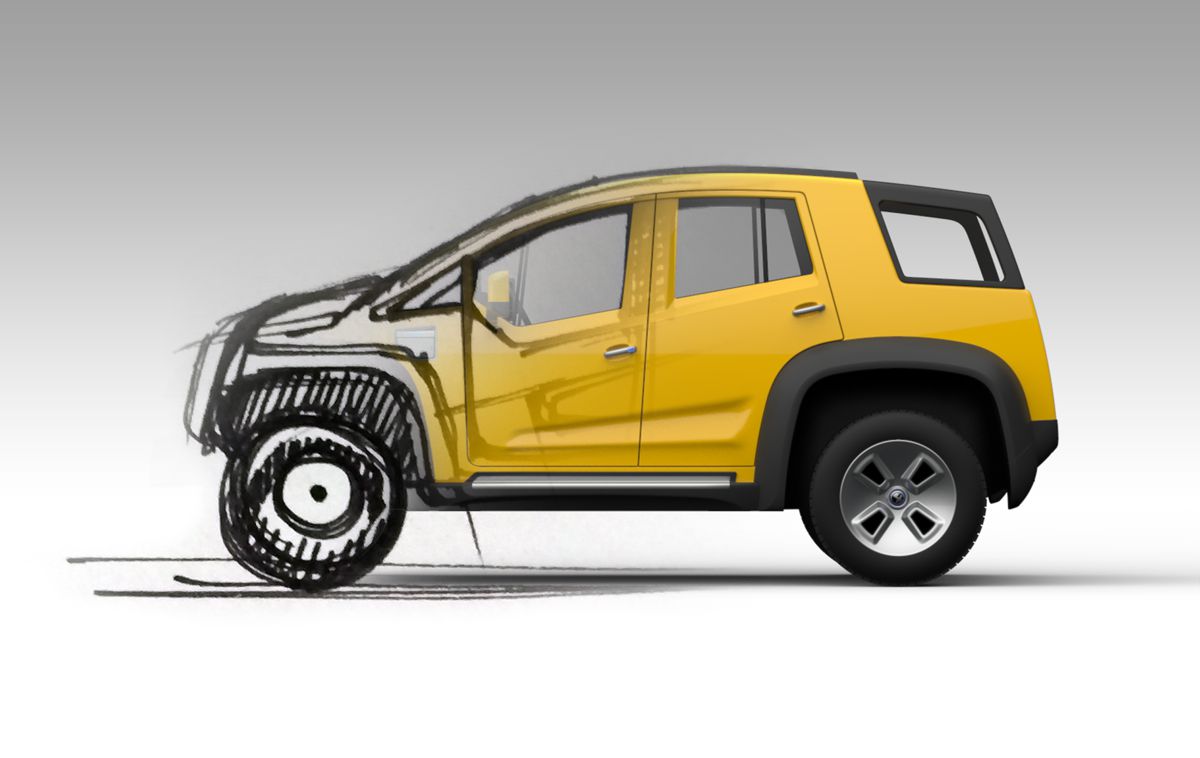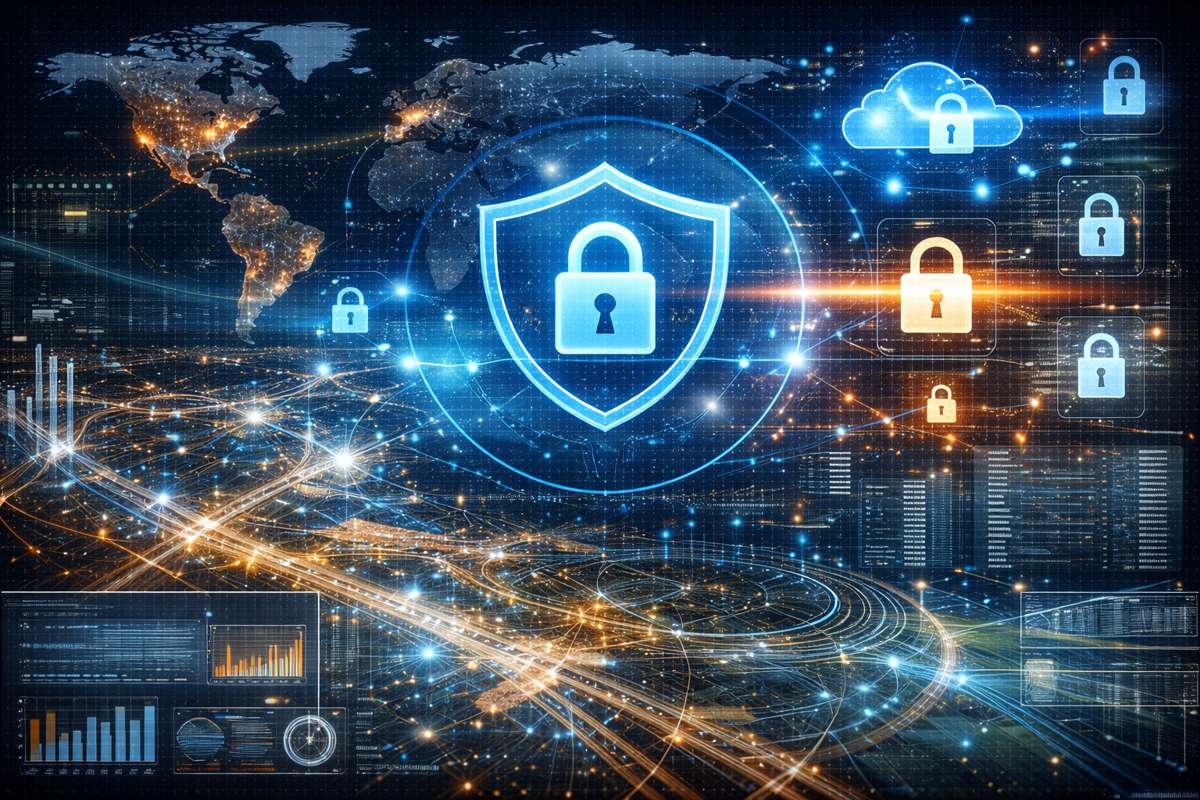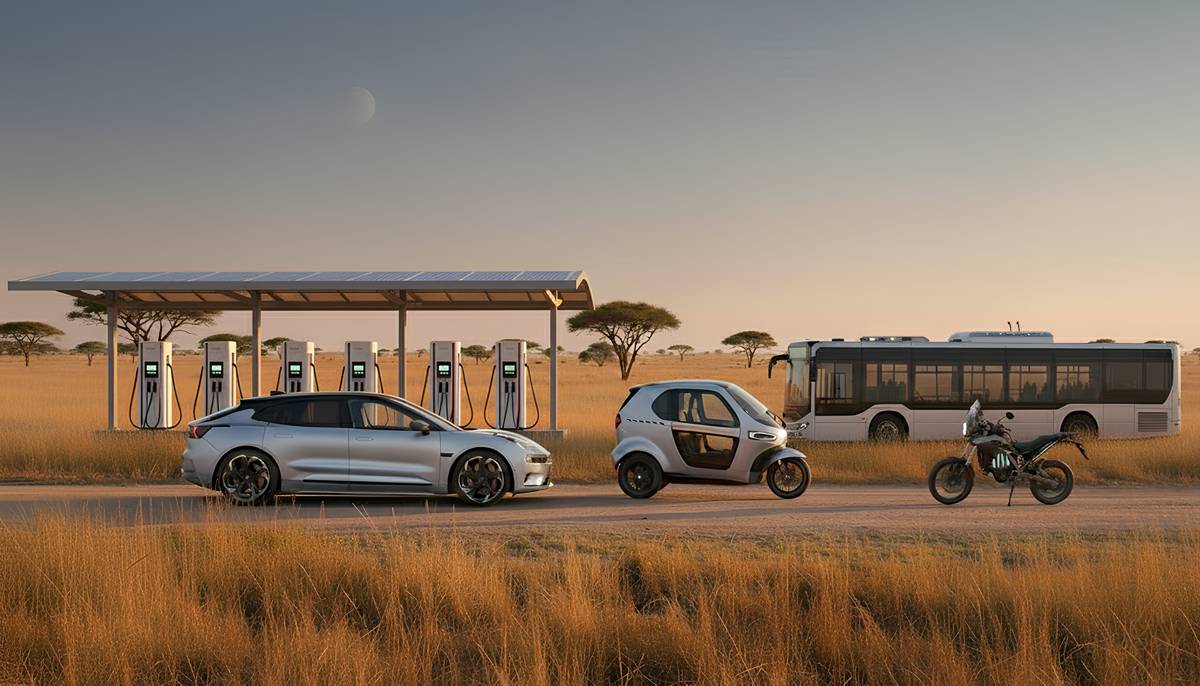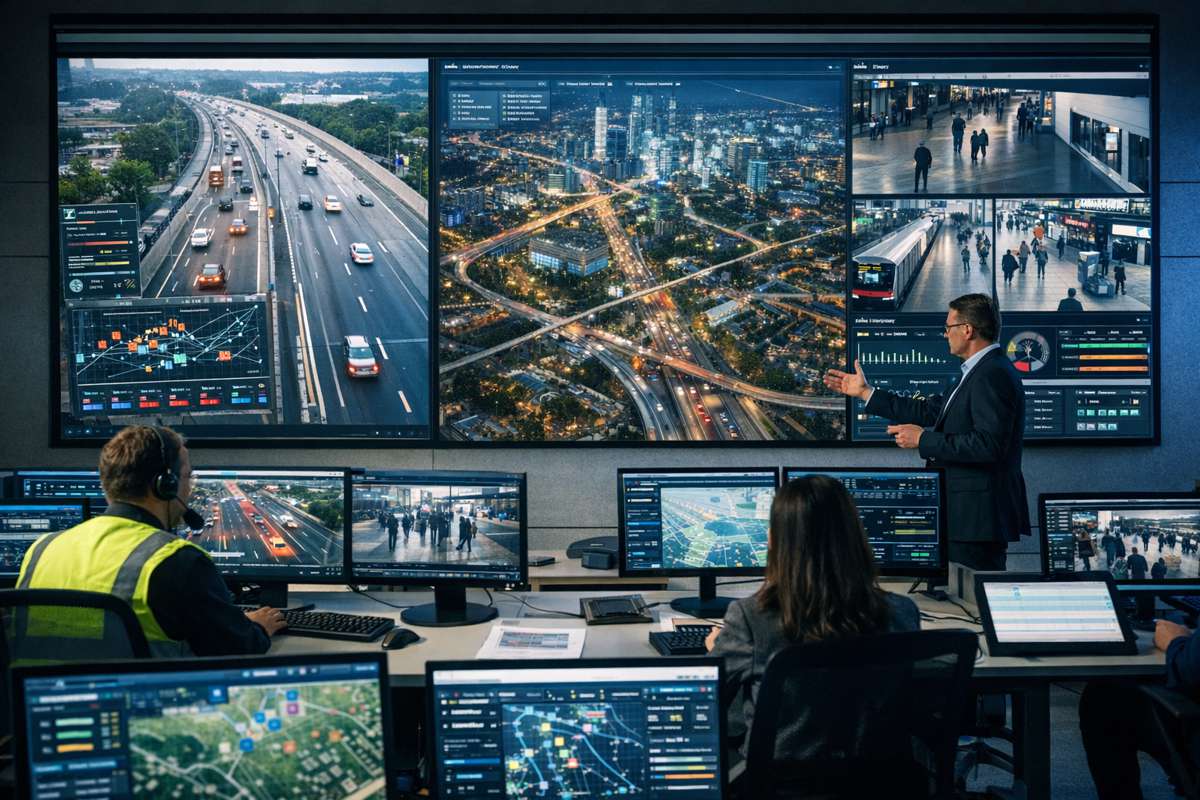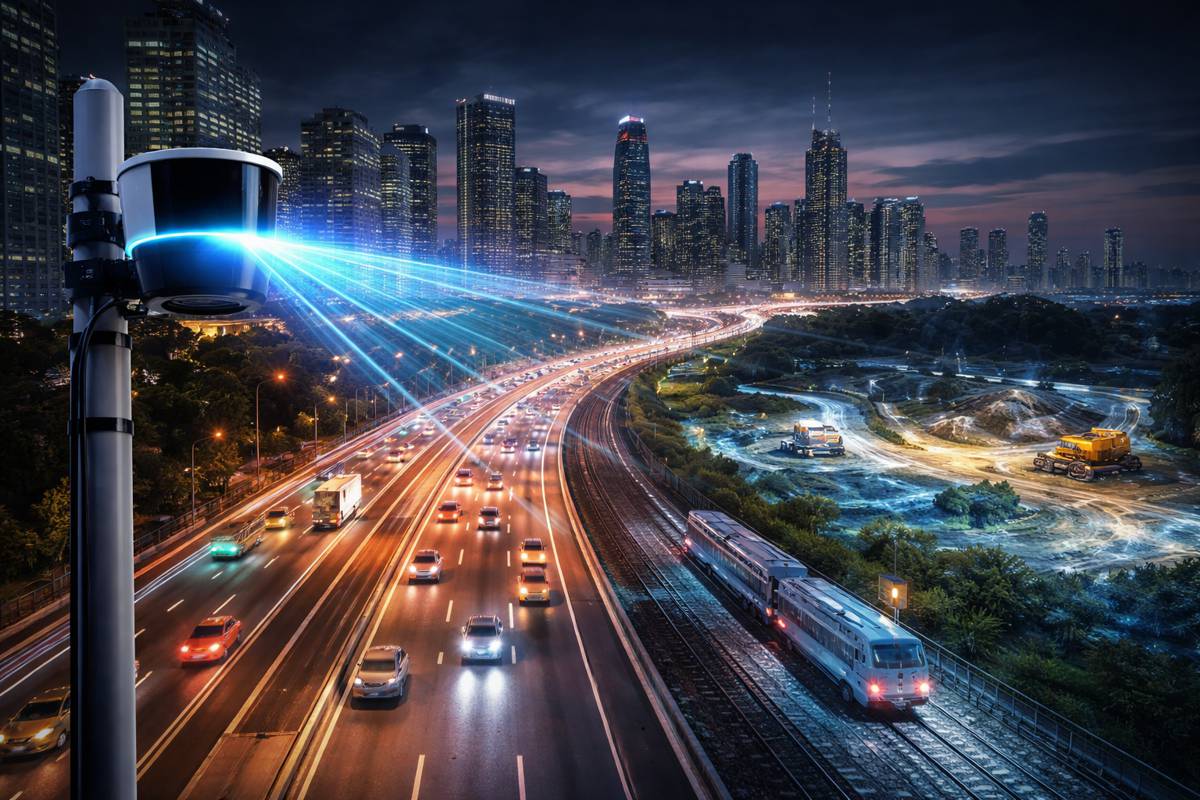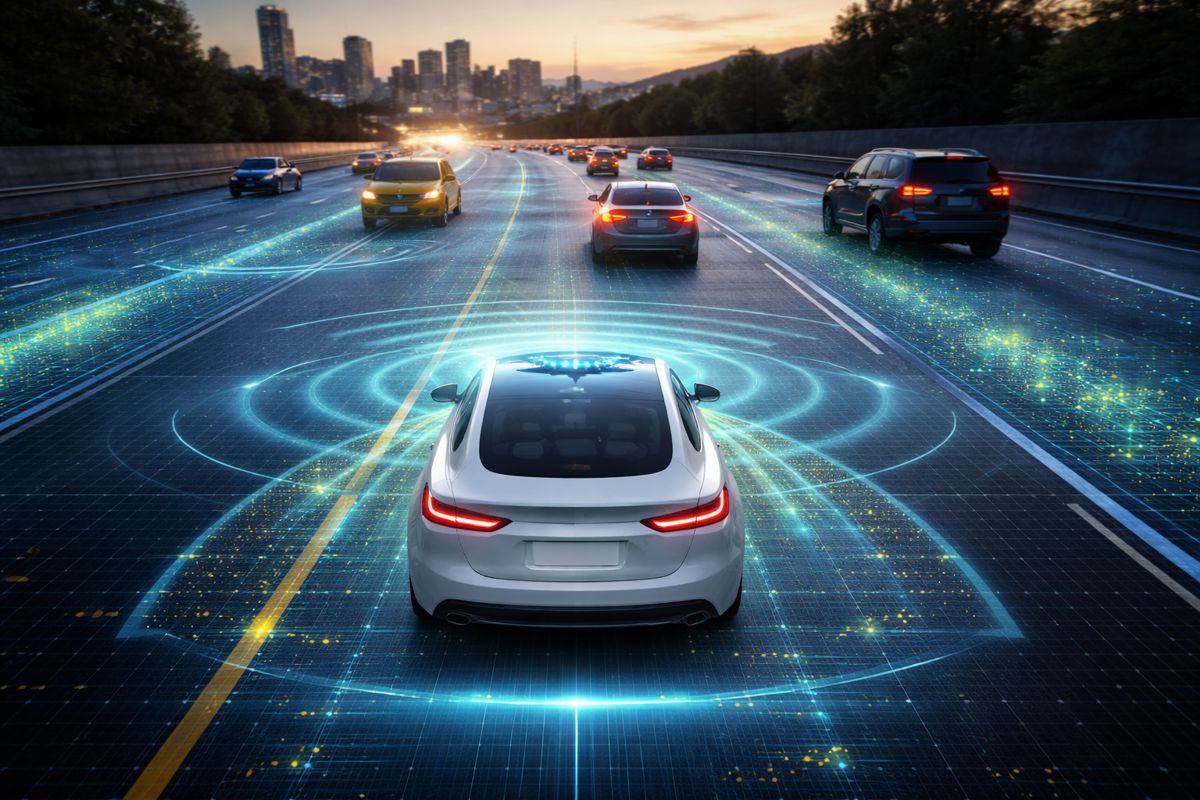The future of Electric Vehicles – What can we expect?
Although we have seen a stall in the overall car sales market, sales of electric vehicles (EVs) are surging, especially in light commercial vehicles, which experienced a rise in sales of 21.4% in 2021.
This could be an indicator that more fleets are increasingly looking to reduce their carbon footprint ahead of the 2030 cut-off for the sale of new fossil-fuel powered vehicles.
However, the pace at which EV innovations are evolving could mean that vehicles purchased now become outdated in a short space of time. As major car manufacturers are now fully on board with an electric future, investment in making EVs travel further and charge faster is resulting in major advances.
Faster cable charging
There has been a steady increase in the speed at which EVs can charge, however, one factor holding back the introduction of even more powerful charging cables is simply due to over-heating. As electricity moves through wires it imparts a tiny fraction of heat and with charge in excess of 300 kilowatts running through a charging cable it can become extremely hot and potentially hazardous, therefore limiting the speed at which a charging cable can charge a vehicle.
A collaboration between Ford and Perdue University is working on a cooling system for EV charging cables which would allow vehicles to charge at 450kw or higher, and could form the basis of megawatt charging hardware that could be used with larger vehicles. The liquid cooling system is still in early development, however but with the support of one of the world’s largest vehicle manufacturers it shouldn’t be long before it’s commercially viable.
Wireless Charging
Already in trial at a UK-based company, induction pads that allow EVs to charge wirelessly have been created, eliminating any potential hassle of attaching cables.
As EVs use the same lithium-ion battery technology as phones, a scaled-up version of the same wireless technology embedded in parking spaces allows for wireless charging to take place. The technology has already been used to charge taxis as they wait for fares and charge busses between routes and is currently more suitable for topping up rather than providing a full charge.
However, it is a step in the right direction towards the ‘holy grail’ of EV charging: roads that charge as you drive. Of course this technology would require major infrastructure work to roll out, but several companies are working on the challenge to allow for increased range in EVs. Furthermore, this would also potentially increase EV accessibility in HGVs, as motorways are the most likely place to put this technology, allowing for larger vehicles to continuously charge whilst on the road.
New compact and durable chargers
The rechargeable batteries in EVs, and many other types of technology, currently uses lithium-ions. However, theoretically these are not the most efficient option. Instead, lithium-sulphur technology which is significantly more energy-dense, could allow batteries to be made smaller and lighter. Furthermore, they do not use cobalt in their manufacturing, which is difficult to source and subject to supply-chain disruption. However, Li-S batteries have a limited lifespan because of chemical deposits that build up every time they are charged – they even expand by 78% every charge cycle.
A new method of creating Li-S batteries using recycled Kevlar is promising to solve these problems and provide batteries with a lifespan of 1,000 charge. Although they may be ten years from going mainstream, these batteries could possibly be what electrified fleets in the 2030s are powered by.
Helping fleets navigate an EV future
It is important, as vendors, to be at the forefront of helping the nation’s businesses adapt to an all-EV future and a present where fleets have a mix of petrol, diesel and EVs. With the ever-changing technology and infrastructures that we are seeing in EV, fleets require this level of experience and expertise as they transition into an electrified world of new vehicles, as well as the latest physical and digital infrastructure updates.
Learn more about solutions that will help here.
Article by Paul Holland, Managing Director for UK Fuel at FLEETCOR








